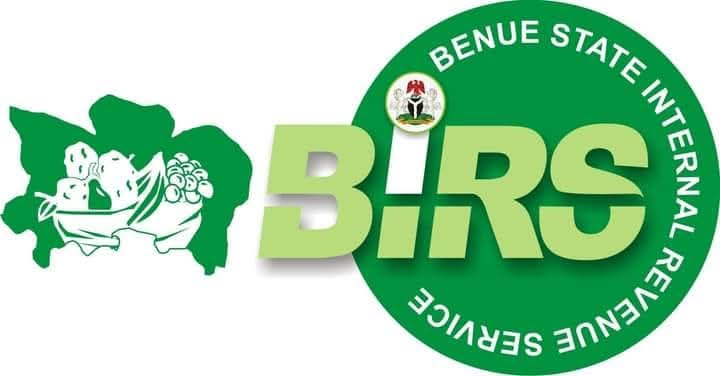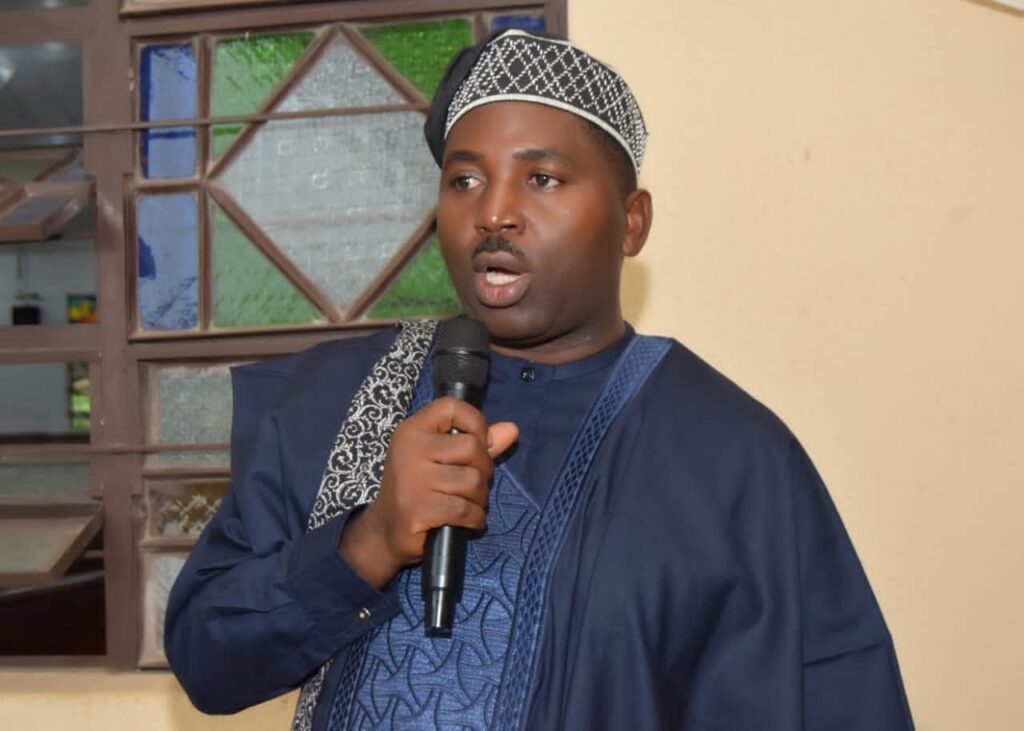A Tall Task for the New Revenue House Boss.
By Raymond Enoch
In his bid to entrench an effective, efficient, transparent, and accountable revenue system in Benue State, the Executive Governor Rev Father Hyacinth Alia has appointed a new acting Executive Chairman of the Benue State Internal Revenue Service (BIRS)—the third such appointment since he assumed office in May 2023.

This revolving door of leadership is not necessarily a sign of instability. Rather, it reflects Governor Alia’s relentless search for a results-driven, reform-minded helmsman—someone who can craft a transparent and robust revenue framework that will help fund the government’s developmental agenda. That includes investments in security, infrastructure, education, healthcare, job creation through industrialisation, empowerment initiatives, and agricultural support.
The latest appointee, Mr. Joseph Kwaghgba, hails from the Zone B axis. A seasoned public servant, successful businessman, and close ally of the administration, Kwaghgba brings with him the credentials needed to meet the expectations of the Revenue House. His appointment signals a strategic move to retool the machinery of revenue governance and expand the tax net so that every citizen contributes willingly and responsibly.

Looking back, the first appointee under Alia’s administration, Hon. Emmanuel Agema from Zone A, assumed the role in June 2023. His tenure introduced innovative policies, including taxing unmanaged waste, which reportedly boosted revenue generation by 75 percent. However, his term was cut short in August 2024 amid public outcry over alleged mismanagement and opacity in operations. Known for staying attuned to public sentiment, Governor Alia responded swiftly and relieved Agema of his duties.
Next came Hon. Sunday Odagba from Zone C, who took over in September 2024. A tax expert and former BIRS staffer, Odagba hit the ground running. Under his leadership, Benue State’s Internally Generated Revenue (IGR) surged to a monthly average of ₦2.2 billion. By the end of 2024, he had overseen the generation of ₦16 billion—an exponential rise from the paltry ₦1.8 billion the previous year.
Odagba attributed this success to the Alia administration’s effective tax strategies, including a bold reshuffling of top directors, many of whom were reassigned to zonal offices to directly drive grassroots revenue mobilization efforts. These reforms aligned closely with the governor’s development blueprint.
Despite his commendable performance, Odagba’s tenure was short-lived. Insiders say he gradually became “too private and silent,” leading to confusion and speculation about the internal workings of the Revenue House. Ultimately, he too exited the stage, prompting another search for a capable steward.
Now, all eyes are on Mr. Kwaghgba. His assignment is clear: streamline operations, enhance transparency, plug leakages, and maximize revenue without fear or favour. His accounting background and expertise in IGR management offer hope, but the demands are high—and Governor Alia’s eagle eyes will be watching, expecting nothing short of outstanding, measurable results.
The task before the new Revenue House helmsman is as enormous as it is critical. In an administration where performance speaks louder than promises, Kwaghgba must hit the ground running—because, in Benue’s evolving revenue landscape, results are the only currency that counts.










